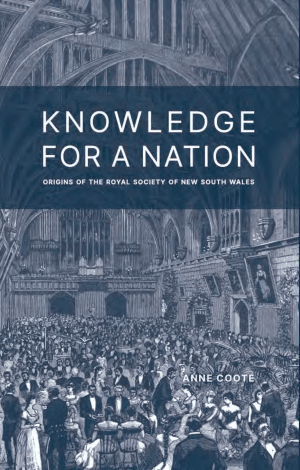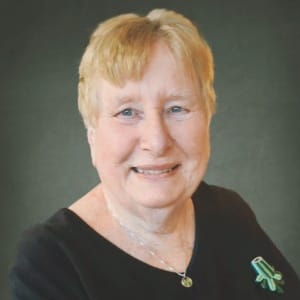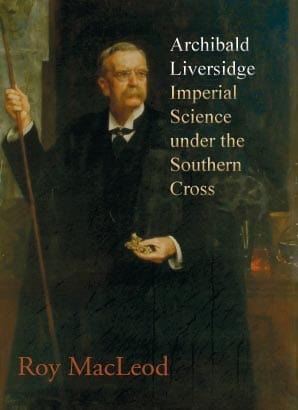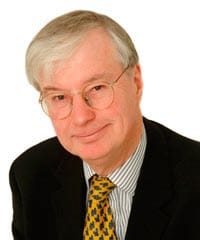- Home
- >
- Publishing
- >
- Books
Books
Knowledge For A Nation: Origins of the Royal Society of New South Wales
Anne Coote
Royal Society of New South Wales
ISBN: 978-0-6458594-0-9
Knowledge for a Nation: Origins of the Royal Society of New South Wales tells the early history of a learned society still active in the intellectual culture of twenty-first century Australia. The book begins with an account of Australia’s first learned society, the Philosophical Society of Australasia (1821-1822), which is the Royal Society’s enduring inspiration, if not its earliest incarnation. The Royal Society evolved from the Australian Philosophical Society (1850-1), through the Philosophical Society of New South Wales, which was re-badged Royal in 1866. Successfully reorganised a decade later, the Royal Society reached the zenith of its influence on the development of a colonial science community in New South Wales. Hopes and disappointments, conflict and camaraderie, challenges and achievements are all part of this story which highlights the society’s initiatives in the cause of science, its all-male membership, the women who nevertheless contributed, and the society’s glittering conversaziones. The book concludes in 1914, when a visit to Australia by the British Association for the Advancement of Science demonstrated international recognition for the colonial scientific community which the Royal Society had worked so long to help create.

About the author
Historian Dr Anne Coote works in the areas of public history and cultural history, including the cultural history of science in colonial Australia. For many years, she held an adjunct position at the University of New England. More recently, as an associate of the Centre for Applied History at Macquarie University, she contributed to a research project investigating the history of shale-mining settlements in the Blue Mountains, New South Wales. She has written entries for the Dictionary of Sydney and published academically on the influence of literate culture on popular perceptions of community and sovereignty in mid nineteenth-century New South Wales; popular science journalism; notable collectors of natural history specimens; the intersection of specimen collection with ideas about class; and the trade in specimens at a local and global level. Dr Coote is a graduate of the University of Sydney and the University of New England, Armidale.

Orders: Please order your copy through the RSNSW online shop (members’ price, $50) or John Reed Books ($59.95).
Archibald Liversidge: Imperial Science under the Southern Cross
Roy MacLeod
Royal Society of New South Wales, in association with Sydney University Press
ISBN: 978-1-9208988-0-9
Published: October 2024
When Archibald Liversidge first arrived at Sydney University in 1872 as a reader in geology and assistant in the laboratory, he had about ten students and two rooms in the main building. In 1874, he became a professor of geology and mineralogy, and by 1879 he had persuaded the senate to open a faculty of science. He became its first dean in 1882. In 1880, he visited Europe as a trustee of the Australian Museum, and his report helped to establish the Industrial, Technological and Sanitary Museum, which formed the basis of the present Powerhouse Museum’s collection. Liversidge also played a major role in the setting up of the Australasian Association for the Advancement of Science, which held its first congress in 1888.
One of his greatest contributions was to science education. He worked tirelessly to secure proper recognition of science in both secondary and tertiary education. In the preface of his book, Professor MacLeod comments: “Liversidge remained confident that Australia’s path would follow the route of the `moving metropolis’, strengthened by the bonds that tied Australia to its British heritage. In that heritage lay his life, and through that heritage, flowed the genius of imperial science in New South Wales.”
For anyone interested in Archibald Liversidge, his contribution to crystallography, mineral chemistry, chemical geology, strategic minerals policy and a wider field of colonial science.

About the author
Roy MacLeod is Professor Emeritus of Modern History at the University of Sydney and an Honorary Associate in the School of History and Philosophy of Science. He was educated in history, the biochemical sciences, and the history of science at Harvard University (summa cum laude), in sociology at the London School of Economics, and in history and the history of science at Cambridge, where he took the PhD degree in 1967.
He is the author or editor of 22 books and about 120 articles in the social history of science, medicine and technology; military history, museum history, Australian and American history, European history; research policy, and the history of higher education.

Orders: To order your copy, please do so through the RSNSW online shop.